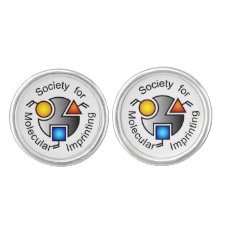
Authors: González-Navarro H, Braco L
Article Title: Lipase-enhanced activity in flavour ester reactions by trapping enzyme conformers in the presence of interfaces.
Publication date: 1998
Journal: Biotechnology and Bioengineering
Volume: 59
Issue: (1)
Page numbers: 122-127.
DOI: 10.1002/(SICI)1097-0290(19980705)59:1<122::AID-BIT16>3.0.CO;2-K
Abstract: In order to improve the lipase-catalyzed synthesis of flavour esters, we have used the reported strategy of interfacial activation-based molecular (bio)imprinting [Mingarro et at. 1995. Proc. Natl. Acad. Sci. U.S.A. 92: 3308], later called trapping in the presence of amphiphile interfaces (TPI) [Mingarro et al. 1996. Biochemistry 35: 9935]. Five lipases of fungal and mammalian origin typically used for esterification process have been explored to improve production by TPI treatment. A marked enhancement of enzymatic activity has been observed in all TPI-created lipases assayed and the activation factor obtained was up to 90-fold. The dependence on chain length of acyl donors in the esterification of geranyl alcohol has been investigated, showing clear differences between activated and nonactivated lipase. The results indicate that this rational approach leads to conversion yields that are remarkably higher, not only than its counterpart pH-optimized control lipase, but also the ''protected'' lipase by conventional methods (lyoprotectans or salts). We propose this strategy as a promising tool to be used in more industrial biotransformations. (C) 1998 John Wiley & Sons, Inc



Join the Society for Molecular Imprinting

New items RSS feed
Sign-up for e-mail updates:
Choose between receiving an occasional newsletter or more frequent e-mail alerts.
Click here to go to the sign-up page.
Is your name elemental or peptidic? Enter your name and find out by clicking either of the buttons below!
Other products you may like:
 MIPdatabase
MIPdatabase









